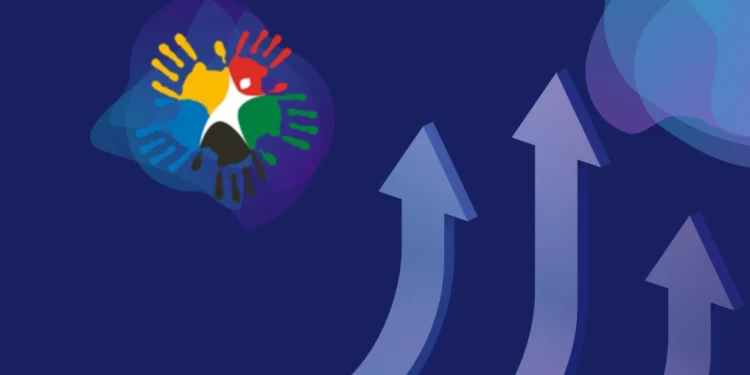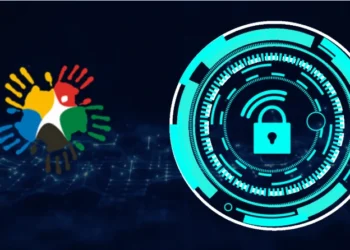The South African Social Security Agency (SASSA) has announced several key updates to its grants for 2025, including changes in payment amounts, eligibility requirements, and new rules to improve efficiency. These changes aim to continue providing much-needed financial relief to millions of South Africans, especially as the cost of living rises.
In this guide, we’ll break down all the latest updates to SASSA grants, including the SRD R350 Grant extension, new payment amounts for other grants, and administrative updates to ensure only eligible recipients benefit from these programs.
Key Highlights of the 2025 SASSA Grant Changes
- The Social Relief of Distress (SRD) Grant has been extended through 2025, with a slight increase in payment.
- Payment amounts for several grants, including the Old Age Grant, Disability Grant, Child Support Grant, and others, have been adjusted in phases.
- New regulations, including biometric verification, will improve fraud prevention and ensure funds are distributed correctly.
Details of the SASSA Grant Changes for 2025
1. SRD Grant Extended with New Payment Amount
Originally introduced in May 2020 during the COVID-19 pandemic, the SRD R350 Grant has been a lifeline for millions of South Africans. In 2025, Finance Minister Enoch Godongwana confirmed during the budget speech that the grant will continue until the end of the year.
Starting in April 2025, the SRD Grant will increase from R350 to R370 per month. Although the increase is modest, it reflects the government’s efforts to help beneficiaries cope with rising costs and inflation.
- The SRD Grant currently supports 9 million people monthly, making it a crucial part of South Africa’s social safety net.
- The increase will cost the government an additional R3.2 billion for the 2025/2026 financial year, highlighting the importance placed on maintaining this program.
2. Payment Increases for Other SASSA Grants
Several other SASSA grants will see incremental increases in 2025, implemented in two phases:
- April 2025: R90 increase for most grants.
- October 2025: Additional R10 increase for certain grants.
Here’s a breakdown of the updated amounts:
| Grant Type | April 2025 Increase | October 2025 Increase | Total Monthly Payment (2025) |
|---|---|---|---|
| Older Persons Grant (60–74 years) | R90 | R10 | R2,190 |
| Older Persons Grant (75+ years) | R90 | R10 | R2,210 |
| Disability Grant | R90 | R10 | R2,190 |
| War Veterans Grant | R90 | R10 | R2,210 |
| Foster Child Grant | R50 | No additional increase | R1,180 |
| Child Support Grant | R20 | No additional increase | R530 |
Child Support Grant Top-Up
Families caring for orphaned children can qualify for a R250 top-up in addition to the standard Child Support Grant, bringing the total to R750 per child per month.
Why Are the Increases Small?
While some beneficiaries have expressed disappointment with the small increases, the government has emphasized that the adjustments are constrained by budget limitations. The social assistance program already accounts for a significant portion of the national budget—R265 billion annually—and any further increases would require additional funding.
The modest adjustments, however, show the government’s ongoing commitment to maintaining the real value of grants while managing economic constraints.
3. New Rules and Administrative Changes
Biometric Verification for Grant Recipients
Starting in April 2025, SASSA will require recipients to complete biometric verification to receive grant payments. This will include identity confirmation using fingerprints or other biometric data.
This measure is being introduced to:
- Prevent fraud by ensuring that only eligible individuals receive payments.
- Improve accuracy in grant distribution and recover funds mistakenly disbursed to ineligible recipients.
Updated Contact and Bank Details
Recipients must also keep their contact information and banking details updated with SASSA. Failure to do so could result in payment delays or suspension of benefits.
How to Apply or Update Information
1. Online Application Process
To apply for any SASSA grant or update your details, follow these steps:
- Visit the official SASSA website: www.sassa.gov.za.
- Select the grant you wish to apply for or update.
- Complete the required application form or update your details.
- Upload any necessary documents, such as ID copies, proof of income, or bank statements.
- Submit your application or updates and wait for confirmation.
2. In-Person Application or Updates
Visit your nearest SASSA office to:
- Apply for a grant in person.
- Update your contact information or banking details.
Be sure to bring all required documents, such as:
- Your valid South African ID.
- Proof of income (if applicable).
- Banking details (if using direct deposit).
The Impact of SASSA Grants
SASSA grants remain a lifeline for millions of South Africans, providing essential support for vulnerable individuals and families. Key benefits include:
- Improved Education Access: Grants like the Child Support Grant have helped increase school enrollment and attendance.
- Economic Relief: Grants ensure low-income households can meet their basic needs, such as food, healthcare, and housing.
President Cyril Ramaphosa has highlighted the positive impact of the SRD Grant, noting that it has sparked discussions about the potential introduction of a Basic Income Grant in the future. While this remains a possibility, the SRD Grant and other SASSA programs continue to play a vital role in reducing poverty.
FAQs About SASSA Grant Changes 2025
1. What is the new SRD Grant amount for 2025?
The SRD Grant has increased to R370 per month, effective April 2025.
2. Who qualifies for the Child Support Grant?
Primary caregivers of children under 18 years of age who meet the income threshold qualify for the Child Support Grant.
3. How can I update my SASSA details?
You can update your details online via the SASSA website or by visiting your nearest SASSA office.
4. What is biometric verification, and why is it required?
Biometric verification uses fingerprints or other biometric data to confirm a recipient’s identity, preventing fraud and ensuring accurate payments.













